by Molly Brummett Wudel
I spend significant time thinking about the stories I want my five-year-old daughter to know and learn. Stories of faith, yes, but also stories of history and of possibility. Joan Didion famously wrote, “We tell ourselves stories in order to live.”
What are the stories I want my daughter to know, love, struggle with, and find freedom in to live and live fully?
Today, our nation celebrates Women’s Equality Day—a day when this country marks the adoption of the 19th Amendment to the United States Constitution. This day was first celebrated in 1971 following the Women’s Strike for Equality. In 1973, as the battles over the Equal Rights Amendment continued, Congress designated August 26 as Women’s Equality Day, and it has been proclaimed each year since by the President of the United States.
Days like this one invite us to reckon with the stories we tell ourselves in order to live.
In many ways we could tell this story flatly and simply celebrate women having the right to vote. But really, Women’s Equality Day is rooted in a story of half truths. While legally true that with the 19th Amendment every woman received the right to vote, this right was also legally denied to most women of color because of Jim Crow. Most Black women did not get the right to vote until after the Voting Rights Act was passed in 1965. And yet, white women in particular often tell this story with an air of triumphalism and progress because of the suffrage movement.
It is true that the suffrage movement was significant and a story worth sharing, but rarely do we hear the full story. In late winter 1913, suffragette and person of faith, Alice Paul, and her committee of the National American Woman Suffrage Association were at work planning a women’s parade that aimed to upstage Woodrow Wilson’s inauguration with thousands of women protesting for the right to vote. Paul was poised to pull off an unparalleled act of political theater on the nation’s biggest stage, Washington DC’s Pennsylvania Avenue. Her vision was clouded, however, as Paul contemplated what it would mean to have Black women among the marchers. Facing criticism, and the threat that white southern women might pull out if Black women marched, Paul drew a line. As she wrote in a letter to Alice Stone Blackwell, the parade was to be “a purely suffrage demonstration entirely uncomplicated by any other problems such as racial ones.”
So what are we, especially white women, to do with this story of the suffrage movement? Especially if we dare hold alongside Paul the story Audre Lorde tells us, forcing us to reckon that, “I am not free while any woman is unfree, even if her shackles are very different from my own?” What stories must we reckon with on why it has been far too easy for white women not to live into the story Lorde invites us into? How have the stories we’ve told or been more apt to hear disillusioned us into thinking we are free like Paul thought she would be free even at the expense of Black bodies?
On this Women’s Equality Day it would be quite easy to continue to tell a flat story, one of half truths. But what does it mean to tell a fuller story? A faithful story? To acknowledge the ways the 19th Amendment has not always been good news for Black and Brown women, and therefore not good for white women, too? What does it also mean to tell a story that gets honest about all the ways the 19th Amendment (and the entire Constitution) is on shaky, shaky ground as fascism, Christian nationalism, and Christian nationalist pastors, like Douglas Wilson, continue to sow seeds of theological malpractice that women are simply “the kind of people that people come out of,” and no single woman—regardless of race—deserves the right to vote?
What stories of half truths and disillusionment have we been preaching and telling ourselves that have gotten us here, and what fuller, more honest stories must we tell, preach, and reckon with on days like Women’s Equality Day and in the days to come? For example, how do we find our way into solidarity with the stories of immigrant women whose communities are being decimated by ICE? As people of faith, what stories must we live out in the face of fascism, Christian nationalism, and oppression so that shackles will be broken for all, not merely a select few?
I’ll begin by re-telling my daughter the story of Ida B. Wells, a devout Christian and journalist who understood in the marrow of her bones that “the way to right wrongs is to turn the light of truth upon them.” Ida defiantly marched in the 1913 suffragist march Alice Paul orchestrated as the only Black woman from the Illinois delegation. Ida knew racism and sexism were always intersectional. Ida knew that civility and keeping white people, even white liberals safe, at the costs of Black and Brown bodies was never the answer, and she dared to keep that true story front and center her entire life. Ida shows us liberation only comes when we dare to tell and live the full story of our faith and of our history, not simply stories of half truths or disillusionment, especially in the face of fascism and Christian nationalism.
None of us are free while any woman or person is unfree, even if their shackles are very different from our own, and that story, not stories of half truths, disillusionment or exclusion, is God’s story. But that story, when we dare to tell it and live it, will be costly—it certainly was for Jesus. May we dare to do so anyway.
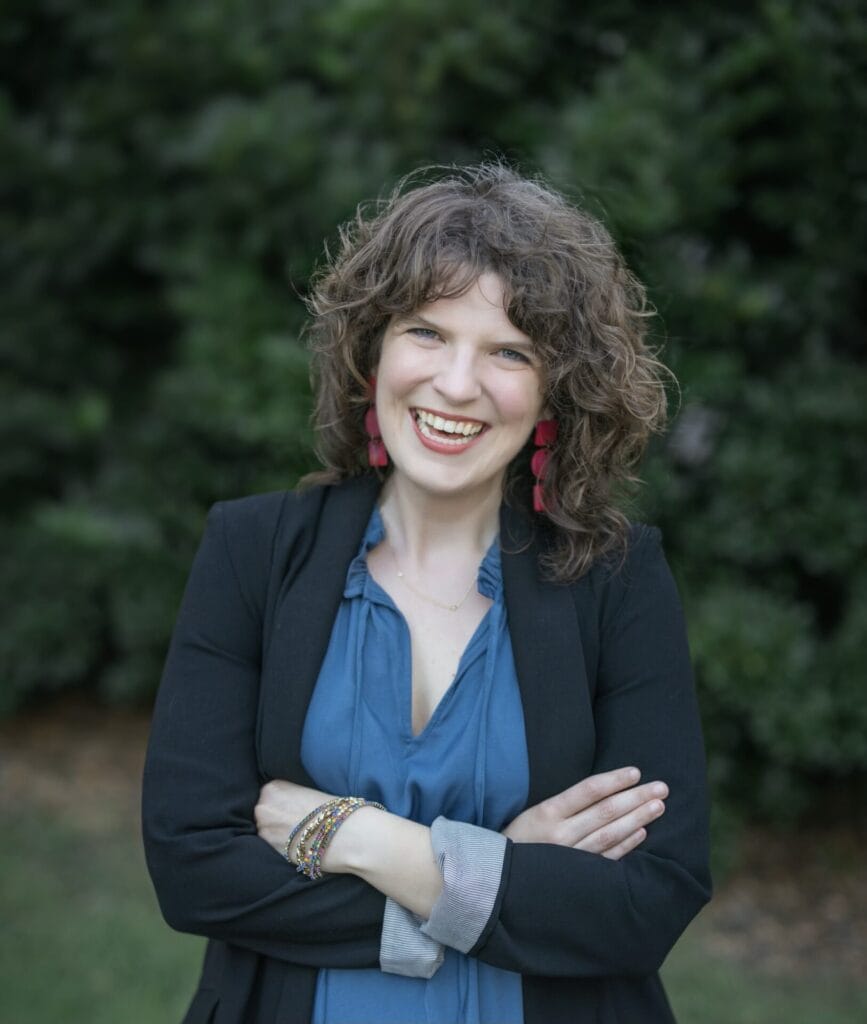
The Reverend Molly Brummett Wudel pastors at Emmaus Way, a quirky, progressive community rooted in Durham, NC. When not pastoring, she can be found engaging in broad-based organizing with Durham CAN, lecturing/writing about dialogical preaching, and more often than not, attempting to keep up with her very active five year old, George Eden, alongside her spouse, James.

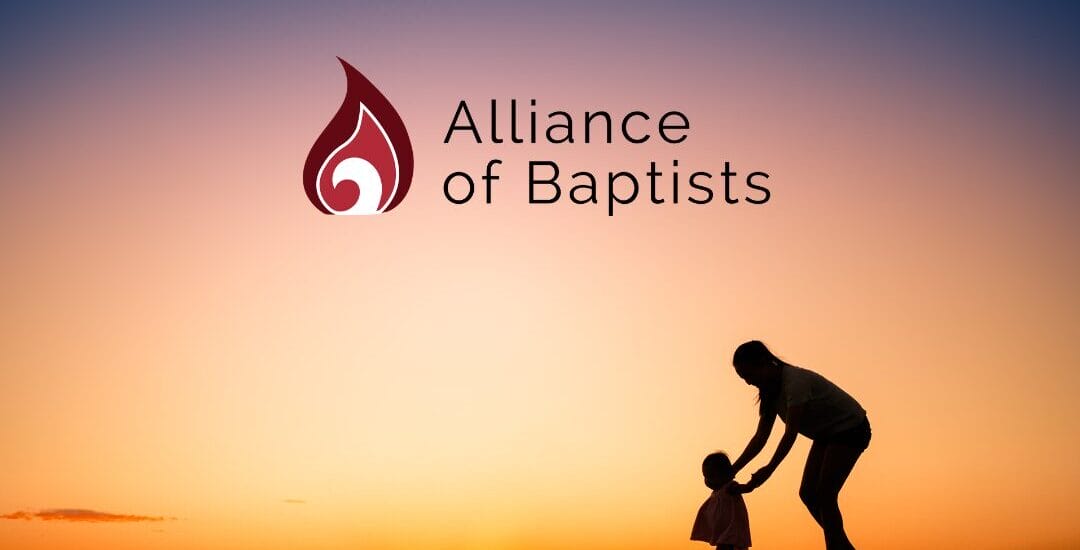
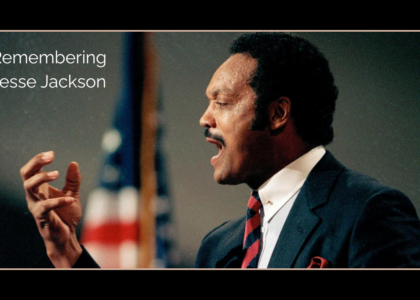
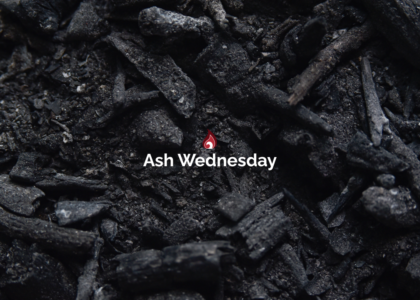
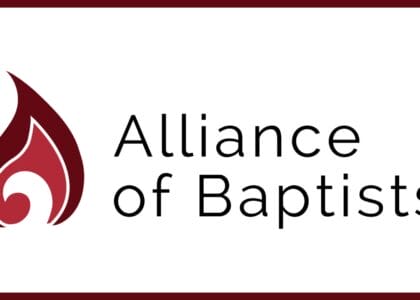
Recent Comments